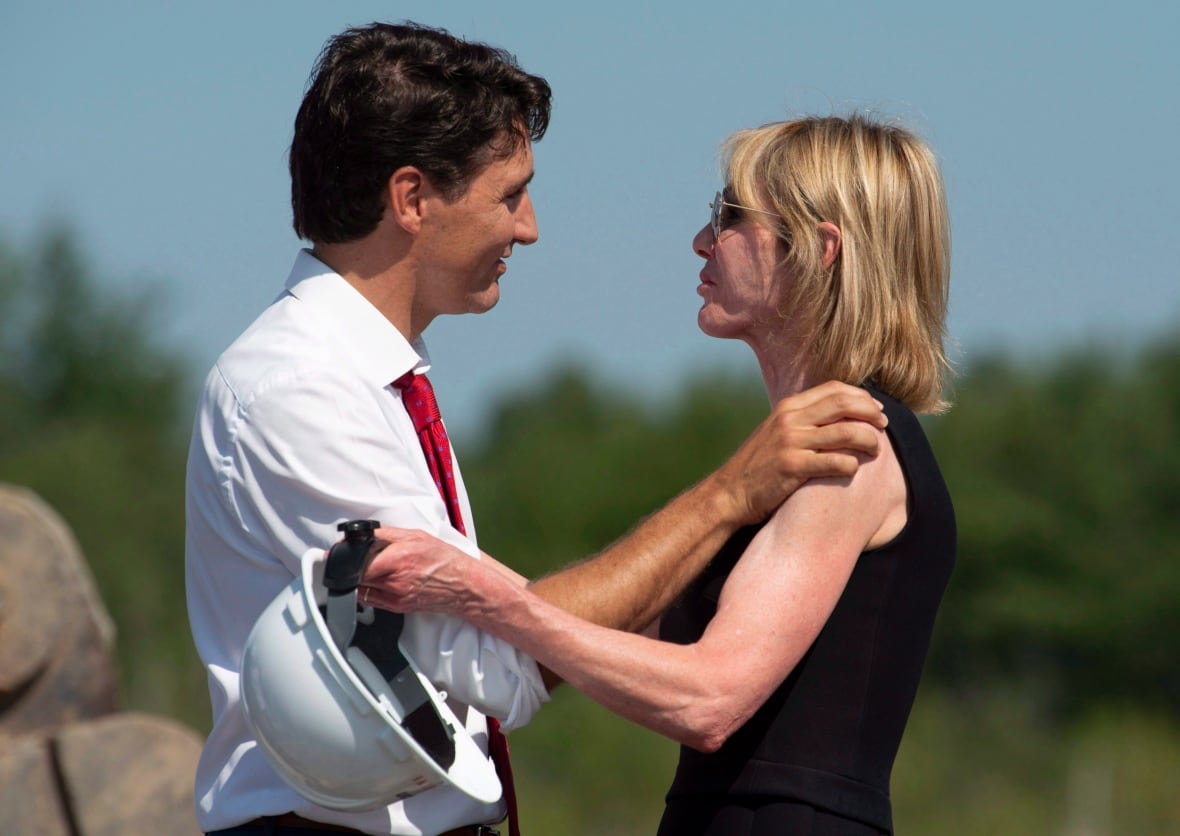Opinion & Analysis
Author: anonymDate: 2024-11-21 15:00:16
Trump selects Pete Hoekstra, a former Michigan representative, as the next Canadian envoy.
Hoekstra previously served as ambassador to the Netherlands during Trump's first presidency
President-elect Donald Trump has chosen former Michigan congressman Pete Hoekstra to serve as the U.S. ambassador to Canada. Hoekstra served in the U.S. House from 1993 to 2011. He previously held the post of U.S. ambassador to the Netherlands under Trump's first administration. "In my second term, Pete will once again assist me in prioritizing American interests," Trump declared in a statement unveiling the appointment. "I am confident he will continue to capably represent our nation in this new capacity." Donald Trump nominates Linda McMahon for U.S. education secretary AnalysisTrump names his tariff man. Here's what he's said and what it means for Canada AnalysisTrump drops a cabinet-level clusterbomb with Gaetz, Gabbard as latest picks
In a message shared on X, Hoekstra expressed his "honor at the opportunity." This selection marks a shift from U.S. ambassadors to Ottawa over the last two decades. Until the late 2000s, these appointees commonly possessed electoral experience. However, under Obama, Biden, and in Trump's first term, the trend leaned toward party fundraisers and organizers. Hoekstra seems to embody both profiles, having chaired the Michigan Republican Party for much of the last year. Hoekstra is among Trump's initial ambassadorial nominations. The president-elect has also designated individuals for ambassadorial posts to the United Nations, NATO, and Israel. Bruce Heyman, Obama's envoy to Canada from 2014 to 2017, noted on X that the swift announcement underscores the "significance of the relationship," emphasizing Hoekstra's border-state background provides him with "intimate knowledge and comprehension of Canada."

Trump touts trade agreement in annoucement
"This should be positive for Canada-U.S. relations as they will have a collaborator to navigate forthcoming changes," Heyman stated. During his congressional tenure, Hoekstra led the House intelligence committee. If confirmed, he will assume his duties amidst ongoing inquiries about foreign meddling in the nation's capital. Trump contacted Prime Minister Justin Trudeau the day following his electoral victory and, based on a summary of their phone call, "trade and security matters" were discussed. Trade largely dominated the ten-minute conversation, according to a source informed about the call. Trump inquired about the tariffs Canada has levied on Chinese electric vehicles, steel, and aluminum. The two also addressed other Chinese trade concerns, and Trump raised apprehensions about Chinese fentanyl in the U.S. market.